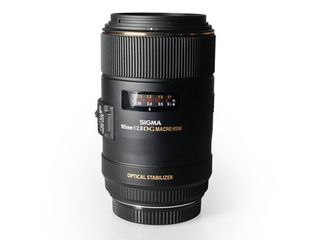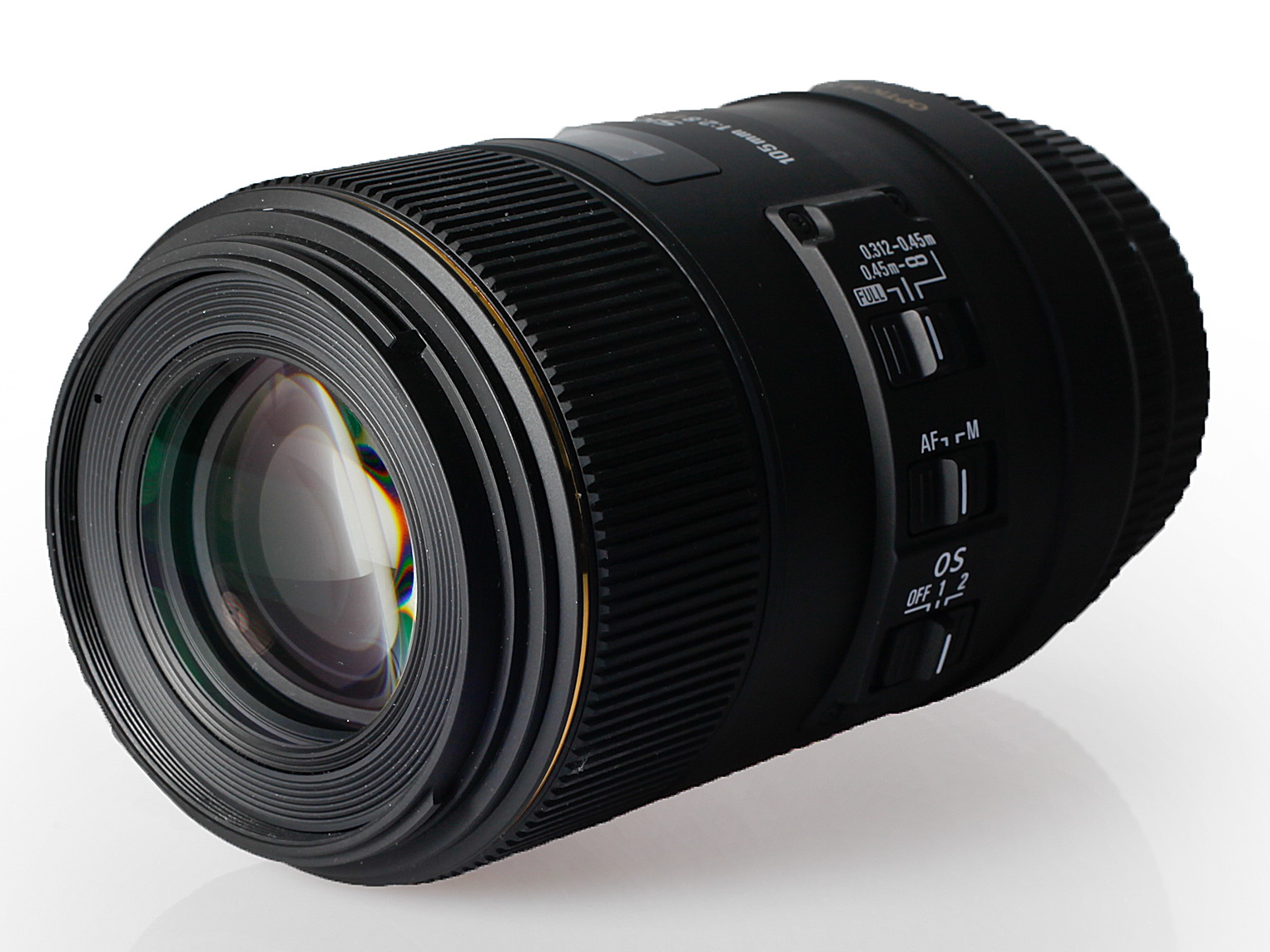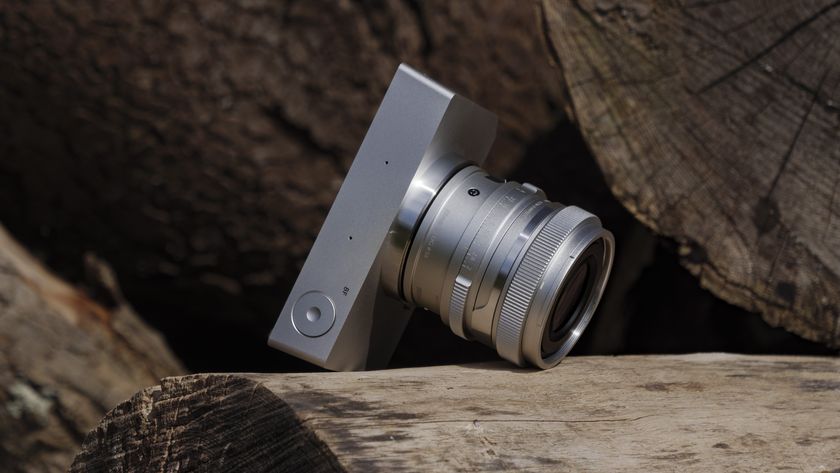TechRadar Verdict
Pros
- +
Excellent functionality
- +
Impressive performance
- +
Image stabilisation system
- +
Good magnification
Cons
- -
High price
- -
Large and heavy
Why you can trust TechRadar
One of the most recent arrivals on the macro scene, the Sigma 105mm f/2.8 EX DG OS HSM lens may be one of the more pricey options for this focal length, but with its EX designation Sigma promises that both the lens' build and optical qualities befit the demands of the professional user.
It joins the Nikon AF-S VR Micro-Nikkor 105mm f/2.8G IF-ED in being the only other comparable macro lens to have its own image stabilisation system, and as with Nikon's technology it claims to provide a maximum four-stop benefit, which decreases with focusing distance. This technology also has the benefit of stabilising the viewfinder image as images are being composed - something that isn't possible with the sensor-based stabilisation systems common to DSLRs from other manufacturers.
The lens' optical construction has 16 elements arranged over 11 groups, and this is reflected in both its size and weight. Two Special Low Dispersion (SLD) elements can be found towards the front of the lens, each with a higher than usual refractive index to correct for both chromatic and spherical aberrations, as well as field curvature.
Super Multi Layer coatings are also used to help improve light transmission and decrease the possibility of ghosting and flare. There's also a nine-bladed diaphragm for circular bokeh - the blades themselves being rounded to facilitate this.
For focusing, the lens employs a Hyper Sonic Motor (HSM), which is based on the same piezo-electronic technology as Canon's USM and Nikon's SWM technologies. As with those systems, this is said to offer not just speed but also near-silent operation, and with two floating lens groups moving independently within the lens, Sigma claims that aberrations can be more successfully corrected throughout the focusing range.
The internal focusing system also ensures that the lens length remains constant at all settings, and that its front stays static for both filter and ringflash use.

As a 'true' macro lens, the Sigma 105mm f/2.8 EX DG OS HSM can focus down to a reproduction ratio of 1:1, meaning that the subject is imaged on the sensor at the same size as it appears in reality. Should you want to increase magnification even further, the lens is also compatible with Sigma's 1.4x and 2x APO teleconverters, which also have the effect of increasing effective focal length.
The lens' smooth plastic casing may look a little cheap, but it's far easier to rub away any marks or dirt from it than it is from the barrel of Sigma's previous EX 105mm DG Macro lens. The three switches are generously sized, particularly when compared with those on similar macro lenses, while the focus limit switch is particularly useful in that it offers three separate settings, with one helpfully restricting focus to the first 14cm of the range.
While it moves a shade slower through its focusing range than the Nikon AF-S VR Micro-Nikkor 105mm f/2.8G IF-ED, it does this with impressive silence. Only when its Optical Stabiliser is employed does it make a little noise.
Focus is confirmed well and without hesitation, while the distance window displays both distance and magnification clearly. On such a long lens the manual focusing ring is quite a fair distance away from the camera body, which makes using it while supporting the camera a little tricky. The ring is also a little stiff too, although this is likely to be at least partly down to the infancy of the review sample.

Hyundai reveals its new take on Android Automotive – as Apple CarPlay update update delivers 3 useful new features

5 reasons VPNs are obsolete and what businesses should use instead

Microsoft 50th Anniversary Copilot Event live – our favorite Windows, Surface and Xbox memories and what we expect to see











